Journal
-

Your Values Burned the World
•
There is something about this crazy simplification. There’s no such thing as “Western values.” That clean, polished idea never really existed. The West wasn’t handed down from the sky. It was built through war, slavery, blood, and fire. Without that brutal history, it wouldn’t be what it is today. Even…
-
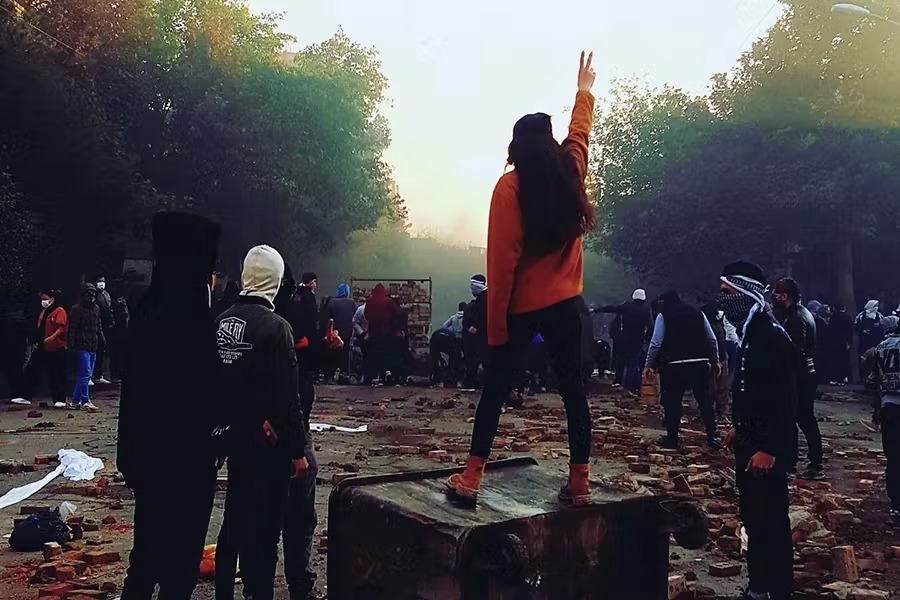
National Conflict, Netanyahu, and Iran’s Revolutionary Future
•
The slogan “Woman, Life, Freedom” represents a political movement that emerged in Iran with significant implications for the entire Middle East. It was a progressive and radical moment in recent regional history. However, it cannot be understood in isolation. It must be seen as part of a broader process of…
-
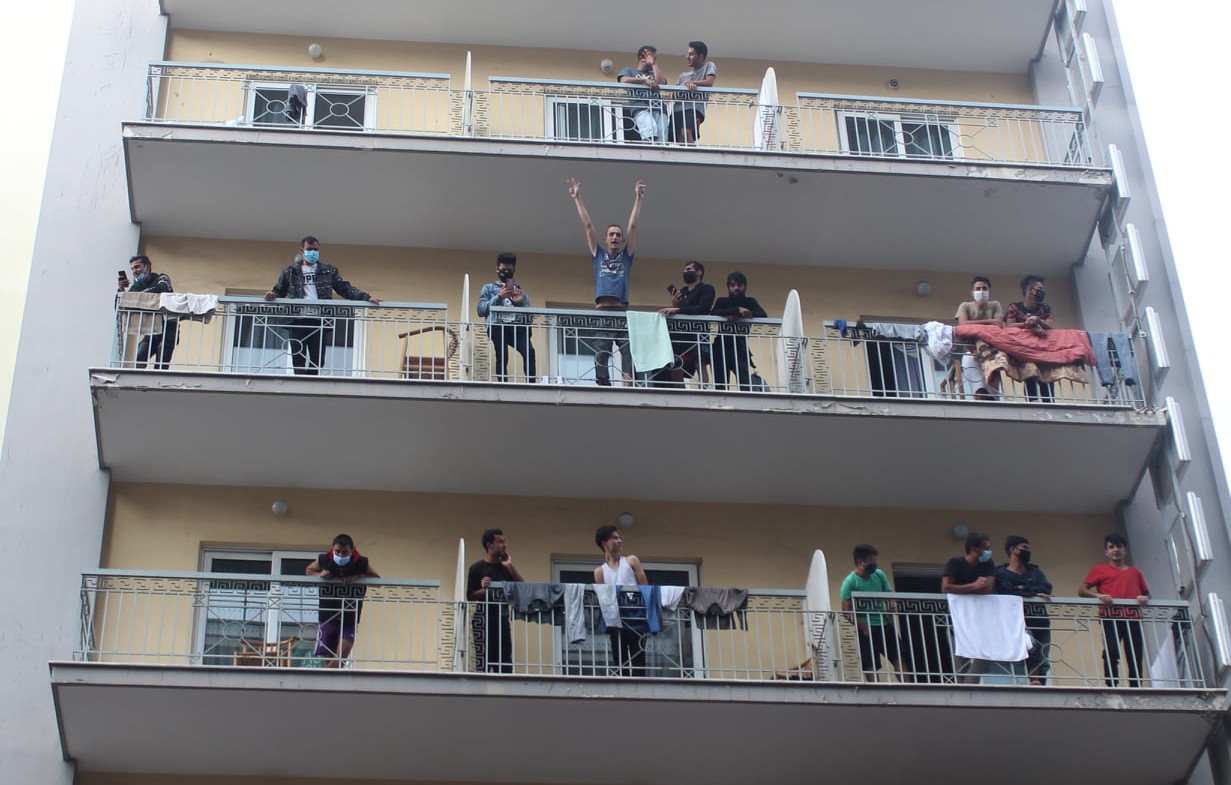
We Were Never Meant to Belong
•
Photo: Refugee temporary accommodation by IOM, Athens, November 17, 2020. In Iran, when the last days of a administrative come around, they do not go out with humility. No. They celebrate. They build stages and stand behind microphones, handing each other awards and shaking hands like they just saved the…
-
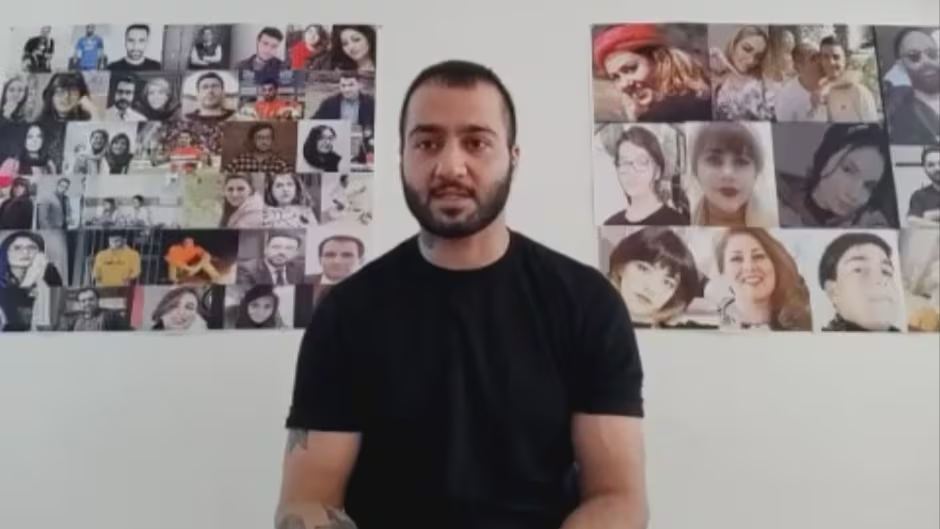
The Monarchist-IRGC Bloc and the Suppression of Iran’s Opposition
•
The polarization of Iranian society is intensifying. What is unfolding is not a chaotic battle of competing factions but a deliberate convergence of reactionary forces. The IRGC and monarchist groups, though seemingly at odds in ideological rhetoric, are engaged in a joint effort to eliminate political dissidents. The IRGC carries…
-
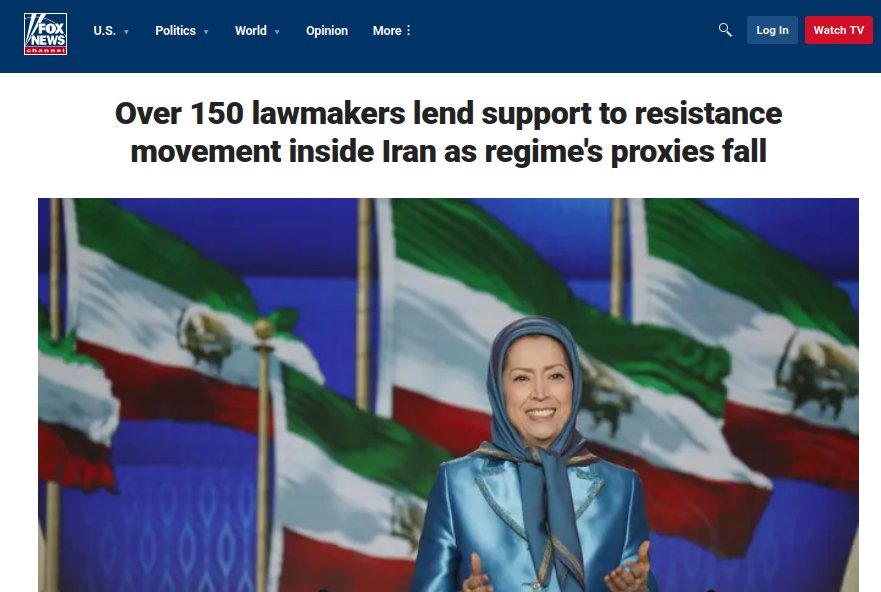
The MEK: Ghosts of the Past, Agents of the Present
•
During the tumultuous days of the Woman, Life, Freedom movement, one absence was glaring—the Mojahedin-e Khalq (MEK), an organization that otherwise seizes every opportunity to wave its banners and flood European streets with hollow slogans. In Vienna and other European cities, where protests erupted daily, the MEK was nowhere to…
-

The Sacred Fig and the Death of Patriarchy
•
I watched The Seed of the Sacred Fig by Mohammad Rasoulof at an alternative cinema in old town of Bern. They’re saying it’s up for the Best International Feature at the Oscars, and honestly, I see why. The story follows Iman, a man who’s spent 21 years serving the regime.…
-
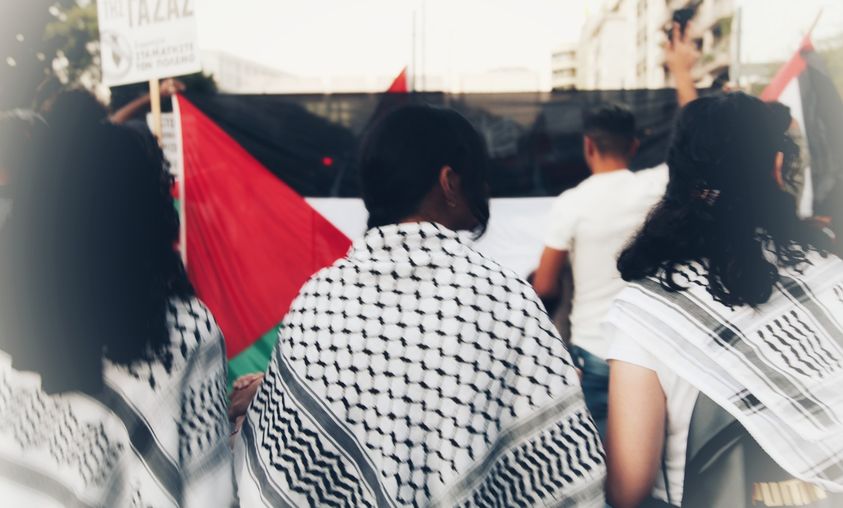
The Machinery of Death and the Myth of Resistance
•
The ceasefire is not a gift from Donald Trump. It’s the result of a temporary exhaustion of the machinery of death. Killing costs money, after all, and even the West can only dress up its carnage as a fight against terror for so long before the façade starts to crack.…
-
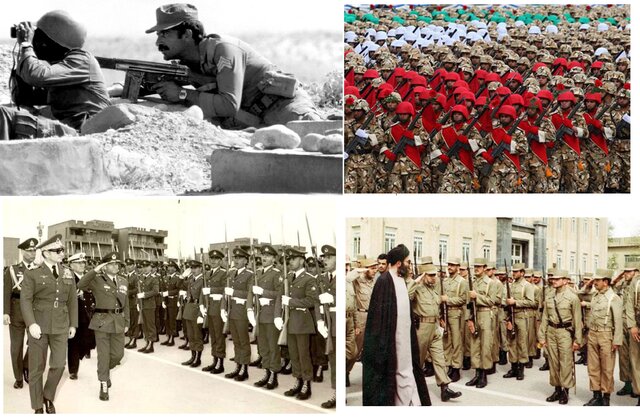
Strategic Depth or Internal Collapse? Iran’s Military Obsession
•
The Shah’s relentless militarization, symbolized by his obsession with F-14 fighter jets, showcased a regime entrenched in contradictions. It prioritized external threats over internal stability, pouring resources into military Keynesianism while neglecting fundamental needs like healthcare, education, and infrastructure. This militarized economy deepened social inequalities and fueled repression, leaving Iran’s…
-
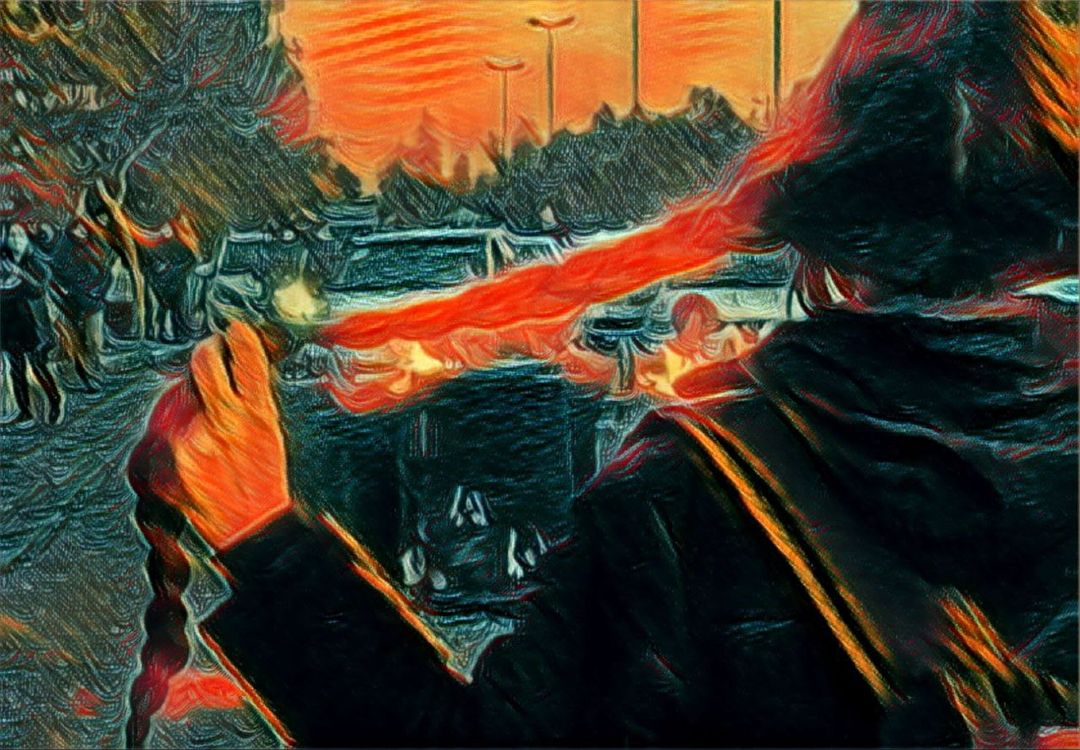
One Name, Many Lives: The Myth of the ‘Muslim Woman’
•
The story of the “Muslim woman” is not a story at all—it’s a shadow cast by politics, a construct made to fit agendas, not lives. Behind the veil of this title are millions of women with struggles as diverse as their names. But too often, these struggles are erased, replaced…
-

The Impact of Trump’s Return on EU Policies
•
The U.S. and the EU are diverging, with the U.S. investing heavily in technology and infrastructure and experiencing economic growth, while Europe struggles with stagnation and rising energy costs. The U.S. has notably increased its manufacturing and innovation output since the 2008 crash, whereas many European nations lag behind. Europe…
-
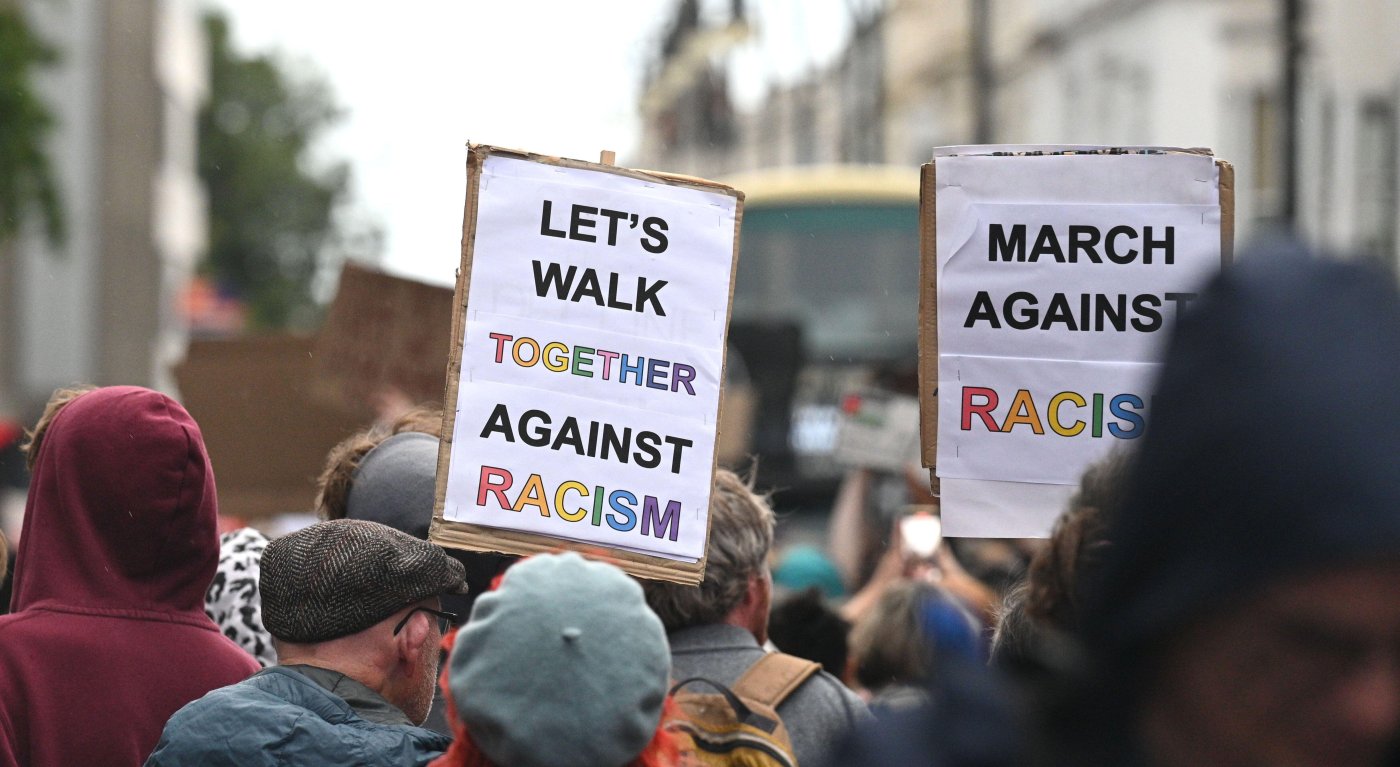
The Dangers of Labeling: Islamophobia vs. Racism
•
“Islamophobia” is a word I cannot trust. It hides the truth. What we face is racism. A deep, old racism that puts people in boxes before they even speak. A racism that judges them not for who they are but for where they come from. This racism has a name—Orientalism.…
-
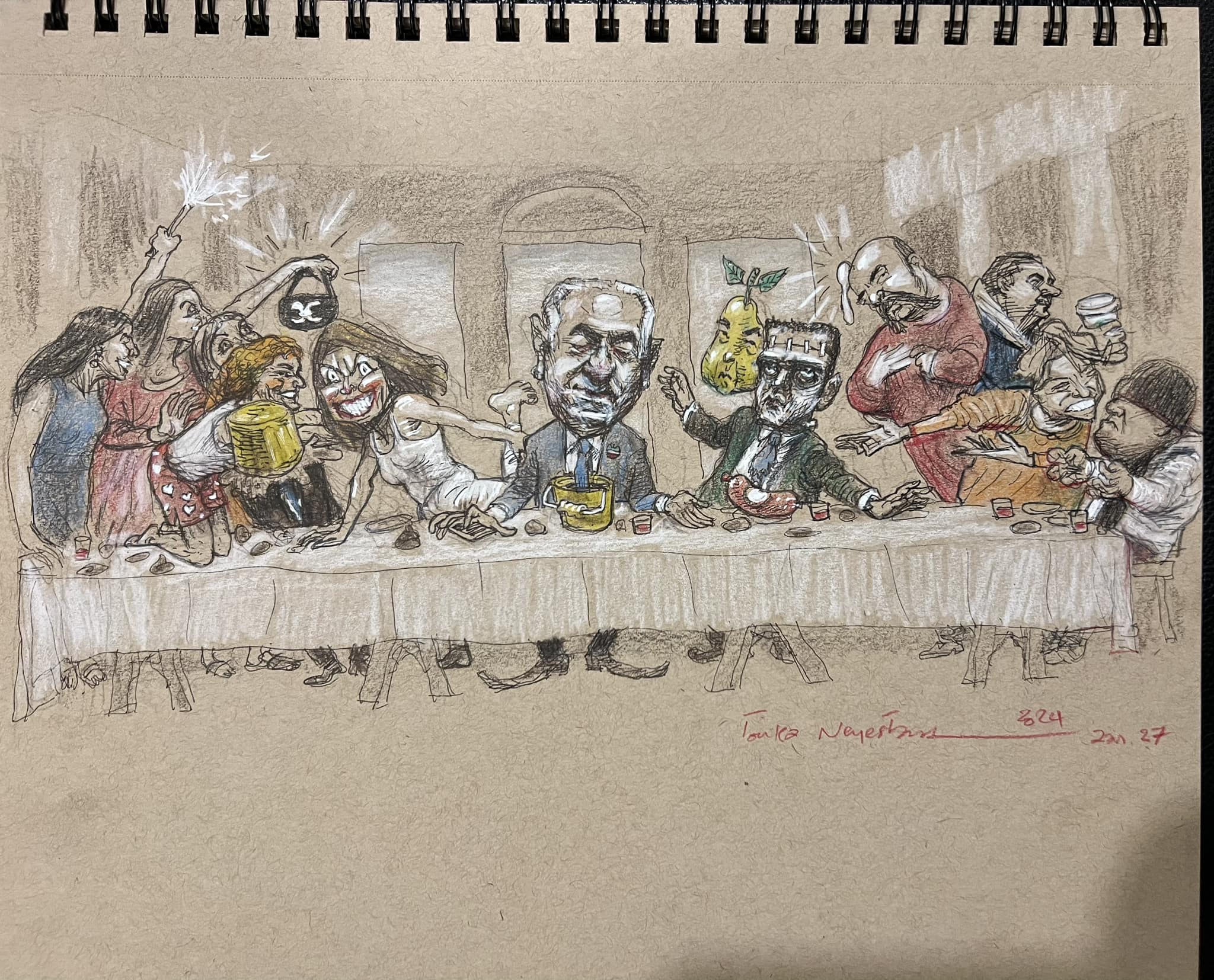
Debunking Reza Pahlavi’s Leadership Claims in Iran
•
Iran stands at a crossroads, grappling with internal crises and external threats, yet Reza Pahlavi’s self-proclaimed leadership offers little more than a mirage. Declaring himself the “leader of the transition,” he has sidelined notions of democracy and pluralism in favor of an authoritarian vision, all under the guise of fulfilling…



